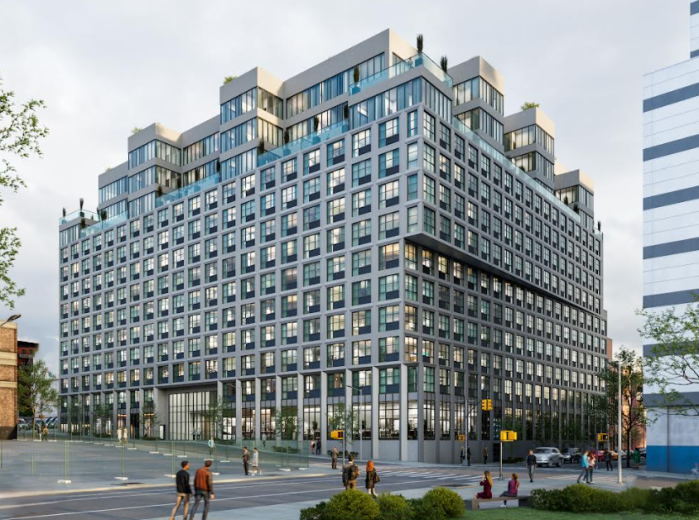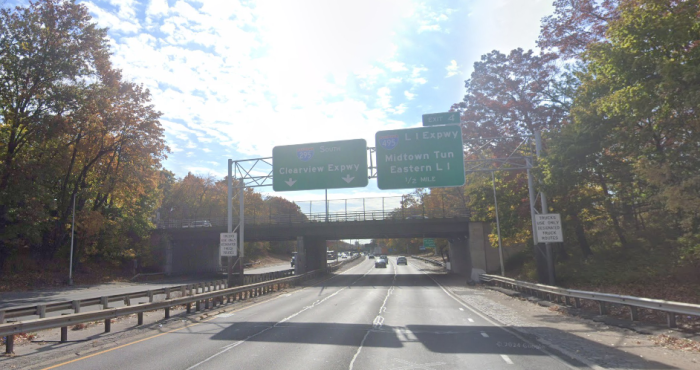New York Gov. Andrew Cuomo has proposed a ban on drugs that mimic the deadly synthetic opioid fentanyl, which is fueling the opioid crisis ravaging the country. The legislation would make fentanyl analogs subject to the same criminal sales and possession penalties as other controlled substances.
Mountainside treatment center applauds this effort to stem the supply of synthetic opioids and analogs. Due to Gov. Cuomo’s ongoing actions to combat the opioid epidemic, including making Narcan – a medication that reverses opioid overdose – available at state pharmacies without a prescription, opioid overdose deaths in New York State are decreasing for the first time in a decade, down 13.46 percent in 2018. Opioid-related overdose hospitalizations are also down by 7.1 percent.
Criminalizing the sale and possession of addictive substances strengthens the fight against the opioid crisis, but there is still more to be done. As we have seen with the restrictions on prescription opioids, addiction does not end when the supply drops. People who are struggling with addiction will look for other ways to satisfy their cravings. Many people who previously misused prescription opioids turned to illicit drugs, such as heroin and fentanyl, to ward off withdrawal symptoms caused by no longer having access to prescription opioids.
Based on fentanyl’s addictive nature and the high probability of death with use, fentanyl is the riskiest drug this country has encountered. It is 100 times more powerful than morphine and 50 times more potent than heroin, making it dangerous even in tiny amounts. A lethal dose is two milligrams, about the weight of a mosquito. Because fentanyl is inexpensive, readily available, and delivers a powerful high, dealers often mix it with other substances – such as cocaine, heroin, methamphetamine, and MDMA – to reduce their costs and create greater demand.
Unfortunately, many people are unaware fentanyl has been included in their drug of choice. The number of Mountainside clients who listed fentanyl as a drug they used doubled from 2018 to 2019; however, nearly three times as many people tested positive for it. Because people who struggle with fentanyl addiction face the highest risk of death, it is Mountainside’s belief that the respective interventions and treatments used should reflect this.
Research indicates that the longer a person engages in treatment, the greater their likelihood for ongoing recovery. Addiction is not a moral failing but a chronic disease. As such, Mountainside fully supports legislation that expands insurance coverage for addiction treatment.
To save even more lives across the country, Mountainside calls on lawmakers in all levels of government to change, implement, or enforce legislation that:
Provides true mental health and addiction treatment parity.
Regulates the healthcare insurance industry so that it covers addiction treatment. Based on the National Survey on Drug Use and Health study, of the roughly 314,000 United States residents who needed drug addiction treatment in 2018 but couldn’t get it, about 100,000 had health coverage that did not cover the full – or even the partial – cost of treatment.
Improves the efficacy of care in the addiction treatment industry by introducing quality standards. Drug rehabilitation centers are largely unregulated, and many do not provide evidence-based, effective care.
We need to work together to take a multi-faceted approach to the opioid epidemic. We must address it as the public health crisis it is and be quick to act. According to a report issued by the White House, the economic and social costs of the opioid crisis are enormous, with estimates approaching $80 billion per year. The cost to address this issue could range from $60 billion for treatment over the next five years to $100 billion for a combined approach to prevention, treatment, and community resilience efforts. If we do not take efforts to attack the epidemic from all fronts, then the cost to the country will reach levels we can never afford.
Andre Basso is chief operating officer of Mountainside alcohol and drug addiction treatment center.




















